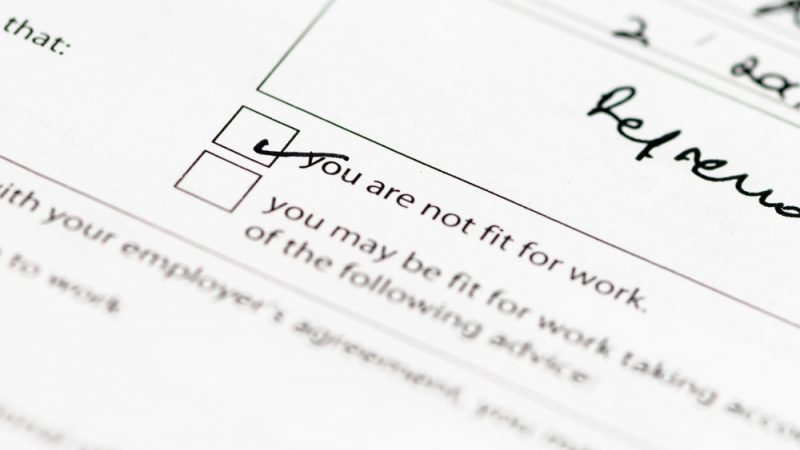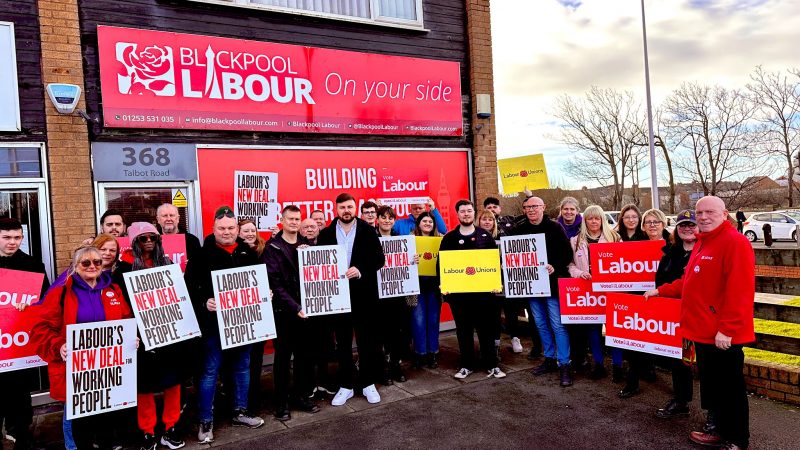UK
Why Lesbian Visibility Week matters to all of us – Kate Osborne MP
By Kate Osborne MP
This year marks 40 years since I took my mum to see the Rocky Horror Show to tell her that I was a Lesbian and 30 years since I bought the first ever copy of Diva Magazine that helped me feel less alone.
In those last 30 years Diva has been a lifeline for many young women – this year Diva is sponsoring Lesbian Visibility Week and whilst there is a lot to celebrate it is important that we don’t forget the challenges that lesbians still face.
I’m proud to be hosting an event on Monday night celebrating Lesbian Visibility in the Houses of Parliament and holding a debate in Parliament on Thursday for MPs to highlight Lesbian Visibility week – as well as the celebrations though, I will be raising the rise in Hate Crime, the rise in lesbophobia, the huge issues our trans community are facing and the many ways in which society seems to be going backwards.
In 2024, the fetishization of lesbians and same-sex attraction continues strongly on, represented in the film, music and pornography industries to hyper-sexualise women loving women.
And, of course, if we’re not being sexualised on TV then the shows with any real representation are cut – particularly those aimed towards a younger audience.
Representation in the media of lesbians, and LGBTQ+ women more generally, is shockingly poor. Currently, the only representation that seems to shine through and receive continuous contract renewals are the ones that appeal to producers as palatable lesbianism; the kind where either the women are masculine enough that they’re undesirable to men, or so hyper-sexualised that men are exactly the audience the show is attempting to attract.
Recent films such as Blue Jean captured the real essence of what it was like for many lesbians in the 1980s, particularly in the North East, and the impact Section 28 had on school teachers and pupils alike, but received very little recognition. Likewise, Gentleman Jack – a period-piece reminder that lesbians have existed throughout history despite the historical injustice of gay women being just ‘roommates’ – was cancelled after only two seasons.
Lesbians aren’t going anywhere – so why are they always swept to the side?
LGBTQ+ women are continuously let down, but perhaps most concerning is their continued abandonment by this Tory Government with regard to IVF provisions and the option to start a family without emptying their bank accounts first.
I held a Westminster Hall debate on IVF provision last year during which the Minister committed to bringing forward a statutory instrument to end the postcode lottery for same sex couples seeking IVF treatment.
Since this debate, I have written to the Minister twice asking for further information and raised this again in a Women and Equalities Committee meeting – of which I sit on – last November.
I have had no response.
The legislation has still not materialised.
Not one of the 42 ICB’s have updated their health policies since the Minister promised they would.
A timetable to ensure the financial and practical barriers to IVF for sames-sex couples are removed in full remains nowhere to be seen.
These changes have been promised for years, but of course this Government does not care about LGBTQ+ people, let alone LGBTQ+ women.
As it is, there are simply not enough global LGBTQ+ rights movements, and within that there is an even smaller number of movements dedicated to furthering the rights of queer women specifically.
Women do not have equality, lesbians certainly do not have equality, and we must be raising this at every given opportunity.
Whilst sport has presented itself as a largely positive space for LGBTQ+ women, there is still a long way to go, and the foundations of this must be laid in schools and other beginner levels.
The 2023 Women’s World Cup saw a greater number of LGBTQ+ players than ever before, and we should be celebrating this as a huge success for women everywhere.
But the reality remains that many young girls discovering their sexuality in secondary school or sixth form will face homophobia in the changing rooms – being told it is disgusting and dirty for them to be changing in the same locker rooms as the others.
LGBTQ+ women belong in every space, deserve the same access to sport, have a right to start a family, and must not be abandoned any longer.
All spaces in society must make continuous efforts to be safe and supportive, and celebrate our LGBTQ+ community.
This Lesbian Visibility Week’s theme is ‘unified not uniform’; lesbians and queer women should be provided with safe spaces to be as multifaceted and individual as they want to be – so we must all work hard to continue calling out lesbophobia as and when we see it.
Lesbians exist and have always existed, our visibility in the media must be expanded tenfold to ensure that there be no more shame, disgust or sexualisation around women loving women.
Our society will be one to achieve full equality and freedom for all if we continue to actively celebrate everyone within it.
This Lesbian Visibility Week I extend my solidarity to lesbians, and indeed all LBTQ+ women, everywhere.





